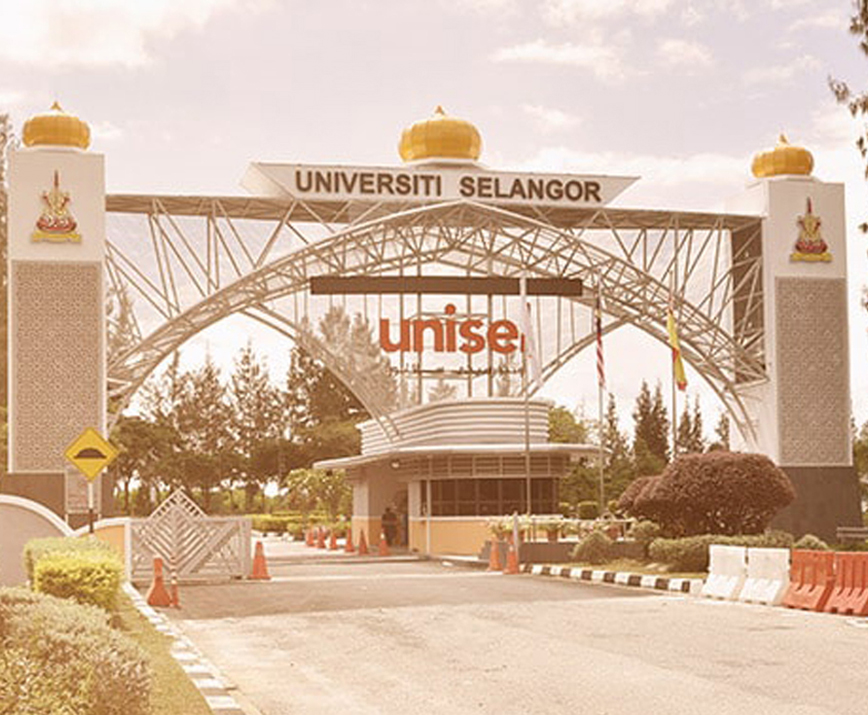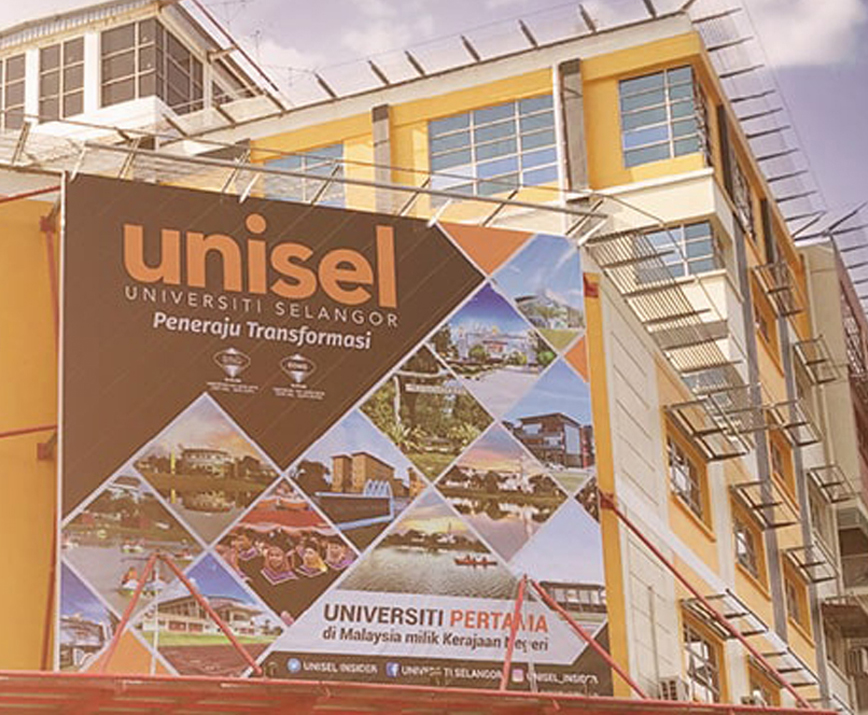DIPLOMA IN ENVIRONMENTAL HEALTH KPM/JPT (R3/851/4/0006) PROGRAM DESCRIPTION A Diploma...
Call +0355223400
For any kind of admission enquiry
KPM/JPT (R3/0611/4/0065) 06/24 (A5917)
PROGRAM DESCRIPTION
The Diploma in Information Technology is a technically focused program designed for students with a strong interest in advancing the information technology sector. The programme covers areas such as computerisation, human factors, and system integration, providing students with a comprehensive understanding of the field. The program offers a diverse range of subjects, allowing students to explore various domains and specialize beyond a single focus area. Its popularity is reflected in the high enrolment numbers within the Computing Department. Faculty members leading the program are experienced in the IT industry and hold esteemed doctoral qualifications, with an increasing number expected to achieve their Ph.D. degrees in the coming year. With highly qualified faculty and a contemporary curriculum, the program remains current and effectively meets the industry’s demand for skilled IT graduates.
Upon successful completion of the program, students should be able to:
DIPLOMA IN ENVIRONMENTAL HEALTH KPM/JPT (R3/851/4/0006) PROGRAM DESCRIPTION A Diploma...
BACHELOR OF ACCOUNTANCY (HONS) KPT/JPT(R3/145/6/0013) 08/28 (A7603) PROGRAM DESCRIPTION The...
DIPLOMA IN TECHNOLOGY PHOTOGRAPHY KPT/JPS (R3/213/4/0306) 05/29 (A7717) PROGRAM DESCRIPTION...
This research postgraduate programme aims to provide graduates with in-depth...


Universiti Selangor (UNISEL), formerly known as Universiti Industri Selangor was established on 23rd August 1999 and was given an approval under Private Higher Education Institutions Act 1996 (Act 555) on 14 March 2000. We are currently operating at two campuses; the sprawling 1000-acre Main Campus in Bestari Jaya and the City Campus in Shah Alam. Our establishment is in line with the State Government’s intention to make Selangor the leading regional education hub. Selangor plays an active role in the delivery of higher education programmes in order to enhance the development of human capital excellence. As one of the earliest private institutions of higher learning in Malaysia, UNISEL is unique as it is Malaysia’s first state-owned university.
More About UsFor any kind of admission enquiry